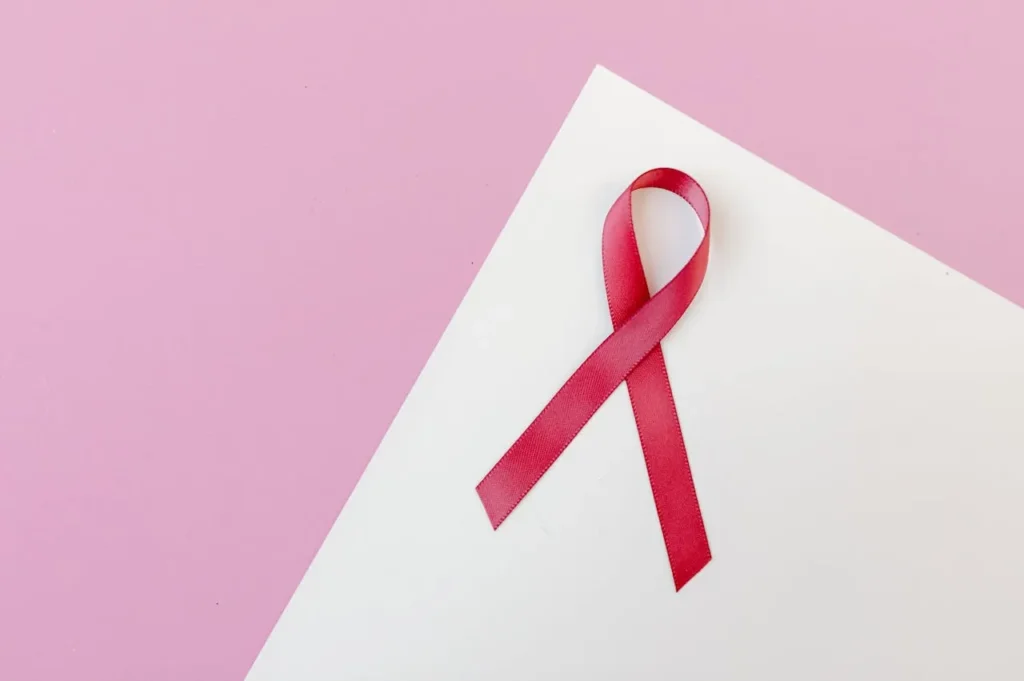
New Survey Shows NMIBC Patients Want More Inclusive Care Conversations and Greater Awareness of Emerging Treatment Options
A new national survey conducted in the United States by The Harris Poll, commissioned by ImmunityBio, Inc. (NASDAQ: IBRX), has shed light on a substantial communication gap affecting people diagnosed with non-muscle invasive bladder cancer (NMIBC). The results illustrate a recurring theme across modern oncology care: patients often feel they are not receiving the full breadth of information needed to make confident, informed decisions about their treatment. In this study, a significant portion of NMIBC patients expressed concern that their healthcare providers are not consistently discussing all available therapeutic options, including newer immunotherapies that many view as more tolerable and potentially more effective than traditional chemotherapy.
The survey reveals that fewer than one in five patients (18%) report that their healthcare providers discuss a comprehensive range of treatment approaches during most or all of their appointments. This statistic is particularly alarming considering that NMIBC is one of the most frequently diagnosed forms of bladder cancer, and treatment decisions can significantly affect long-term health outcomes as well as quality of life.
Furthermore, the survey highlights a strong patient interest in immunotherapy. More than four out of five respondents (84%) believe that immunotherapy produces fewer side effects than chemotherapy. Among those who had received immunotherapy, 72% reported being satisfied with the duration of positive treatment effects. Collectively, these insights underscore a critical need for improved communication, better shared decision-making, and greater awareness of potential alternatives to longstanding chemotherapy-based approaches.
Bladder Cancer: A Growing National Health Concern
Bladder cancer continues to be a major public health challenge in the United States. It is currently recognized as the seventh-most common cancer overall and ranks as the third most frequently diagnosed cancer among men. Alarmingly, the incidence of bladder cancer has been steadily increasing across the country. The American Cancer Society projects that more than 84,000 new cases will be diagnosed in 2025, reflecting a continued upward trajectory.
Of these projected diagnoses, approximately 70% will involve non-muscle invasive bladder cancer (NMIBC)—a form of the disease that remains on the inner bladder lining and does not yet invade the underlying muscle. Although NMIBC is often considered more treatable than muscle-invasive disease, it still requires complex decisions about therapy, ongoing surveillance, and often multiple treatment cycles. NMIBC also carries a high recurrence rate, which makes treatment selection especially important.
Given the disease’s prevalence and tendency to recur, ensuring that patients receive timely, accurate, and complete information about their options is essential. Yet the survey results indicate that this standard is not consistently being met.
A Disconnect Between Patients and Healthcare Providers

One of the most sobering findings from the Harris Poll survey is the clear tension between patients’ desire for information and the perceived lack of comprehensive communication from healthcare providers. Although 92% of NMIBC patients say that they rely primarily on their healthcare providers to guide their treatment decisions, only 18% feel that all treatment options are discussed frequently during their visits. Few patients report receiving supplemental information from additional sources such as advocacy organizations, support groups, or independent research, with only 6% citing patient advocacy groups as a regular reference point.
This reliance on providers paired with limited communication creates a vulnerable environment where patients often struggle to understand the full scope of available therapies. For example, nearly two in three patients (64%) who have not undergone a full cystectomy say they are unsure which treatments remain effective or appropriate for their specific stage or form of NMIBC.
This uncertainty can contribute to heightened anxiety, reduced confidence in decision-making, and delays in selecting potentially beneficial therapies. It also suggests that patients may not be aware of advances in treatment, including immunotherapeutic approaches that have emerged as powerful options in managing NMIBC.
A Strong Desire for Alternatives to Chemotherapy
Historically, chemotherapy and related intravesical therapies such as BCG (Bacillus Calmette–Guérin) have served as foundational treatments for NMIBC. Yet the survey reveals a growing shift in patient attitudes. Many NMIBC patients express a clear preference for avoiding chemotherapy unless absolutely necessary, citing concerns about side effects and long-term impacts.
According to the survey:
- 58% of patients reported that their providers discussed chemotherapy prior to their initial treatment cycle.
- 72% prefer to consider chemotherapy only as a last resort, indicating a desire for less toxic or more targeted treatment modalities.
- 81% of respondents are open to trying new or different treatments.
- 89% of patients who have not undergone bladder removal say they would “try anything” to avoid cystectomy.
The fear of bladder removal—a major, life-altering surgical procedure—is a recurring theme in NMIBC patient populations. Cystectomy not only alters urinary function permanently but also carries considerable physical and emotional implications. For those at risk of needing the procedure, the prospect of emerging therapies that may help preserve bladder function is extremely compelling.
Additionally, patients continue to emphasize two functional priorities for any treatment they receive:
- 97% say it is important that treatment quickly slows or halts disease progression.
- 94% state that long-lasting treatment effects are “very important.”
- 90% would accept more frequent dosing if it resulted in more durable benefits.
These perspectives point toward a patient population eager for innovative therapies that offer both rapid and sustained improvements—a sentiment that aligns closely with the rise of immunotherapy.
Immunotherapy: A Promising and Welcomed Treatment Pathway
The survey reveals that immunotherapy is viewed as a highly promising and modern approach among the majority of NMIBC patients. Eighty-nine percent of respondents believe that using a therapy that activates the body’s own immune system to fight the cancer is “cutting-edge.” This reflects a growing awareness of immunotherapy’s role in various cancers and the broader trend toward targeted, biologically-driven therapies.
Patients also see immunotherapy as more tolerable than chemotherapy. More than four out of five respondents (84%) perceive it as having fewer side effects. For those who have actually undergone immunotherapy, real-world experiences generally support this belief:
- 72% express satisfaction with the treatment’s durability, including outcomes like reduced recurrence and avoidance of cystectomy.
- Two out of three say they are satisfied with how quickly immunotherapy slows or stops disease progression.
These findings reinforce that patients are not only interested in immunotherapy—they often view it more favorably than standard-of-care treatments. Yet many remain unaware of whether immunotherapy is a suitable option for them, partly due to limited discussions during regular medical consultations.
A Call for Deeper Conversations and More Transparent Care
Richard Adcock, President and CEO of ImmunityBio, emphasized the importance of the survey’s findings. He noted that the data illustrates a meaningful need for improved communication between patients and their healthcare teams—not only to discuss existing standard treatments but also to explore the potential of innovative and emerging therapies, including immunotherapy.
“This survey highlights the urgent need for patients and providers to engage in deeper, more collaborative conversations about all treatment choices for non-muscle invasive bladder cancer,” Adcock said. He added that immunotherapy represents a promising avenue that harnesses the power of the immune system to combat cancer and offers hope for patients seeking alternatives to invasive surgery or aggressive chemotherapy.
“At ImmunityBio, we’re committed to advancing science that transforms these insights into life-changing care,” Adcock concluded.
Empowering Patients Through Education and Access
The survey paints a clear picture: NMIBC patients want more information, more treatment choices, and more control over their care. As bladder cancer diagnoses continue to rise nationwide, improving communication and expanding awareness of treatment innovations must become a top priority for the healthcare community.
Whether through more thorough patient–provider conversations, educational outreach, or support from advocacy groups, strengthening the informational ecosystem surrounding NMIBC will ultimately empower patients to make more informed decisions—decisions that may significantly impact survival, quality of life, and long-term health outcomes.
The findings emphasize that while medical advancements continue, these innovations must be matched by advancements in communication and patient engagement. Only then can patients fully benefit from the rapidly evolving treatment landscape for NMIBC.
Source Link: https://www.businesswire.com/





